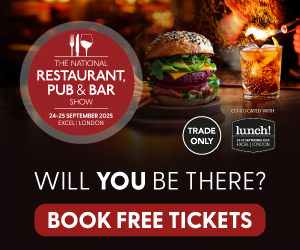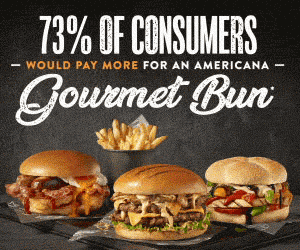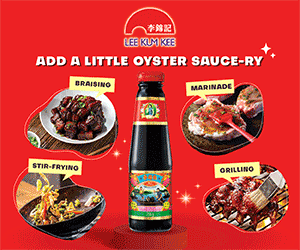Three in five hospitality workers experience poor mental health

Ahead of World Suicide Prevention Day (10 September), suicide prevention charity R;pple commissioned a study into the mental health crisis affecting the hospitality industry, speaking to chefs, bartenders, front-of-house and waiting staff across the UK.
Despite the passion and energy that enables good customer experiences, statistics reveal that beneath this positive customer service culture lies a sector of workers at risk of poor mental health and suicide. According to the findings, three in five (59%) hospitality workers are experiencing mental health conditions at work, and one in two have thought of suicide, self-harm or other harmful, negative thoughts. Most of us will have, at some point, come face-to-face with someone having a mental health crisis as they continue to 'happily' serve guests.
Worryingly, over half (55%) of respondents who are experiencing or have experienced mental health conditions in hospitality have also searched for harmful content online while at work, with almost a fifth (19%) having done so multiple times.
Almost two-thirds (61%) have been concerned about a colleague's mental wellbeing, and three-quarters (75%) of hospitality employees worried that their colleagues were accessing harmful content while in the workplace, which is only ever one click away. Harmful self-injury content is prevalent across the main five search engines. One in every five (22%) search results linked to, in a single click, content which celebrates, glorifies or offers instruction about non-suicidal self-injury suicide or eating disorders.
Pushing for positive change
The research also unveiled that, out of those who rated their mental wellbeing as poor, two-thirds (66%) of employees suggested that their work/job is the main catalyst. Long working hours, zero-hour contracts, high-stress environments and a work hard/play hard mentality are among the key issues contributing to the problem in the industry.
R;pple has been campaigning for change in partnership with Revolution Bars Group – an operator that has rolled out the R;pple tool on its WiFi network for all employees nationwide – and The Burnt Chef Project, a community for mental health support and education for the hospitality industry.
Together this World Suicide Prevention Day, R;pple is calling on employers to sign up to its five commitments, such as mandatory suicide prevention training, for employers to pledge to, to make positive changes and protect their workforce.
It is important to highlight that there were also some positive outtakes from the study. Kris Hall, CEO and founder of The Burnt Chef Project, comments: "It's encouraging to see from this report that nearly 75% of individuals in the hospitality sector were able to seek support during a shift when they found themselves in a difficult mental space. This highlights the growing awareness of mental health issues within the industry and suggests that confidence is gradually increasing when it comes to addressing underlying mental health concerns. With 60% of hospitality workers feeling that their personal lives positively impact their mental wellbeing, reinforcing the critical role of work-life balance is key. Ensuring that team members have sufficient time outside of the workplace is crucial for overall better mental health."















